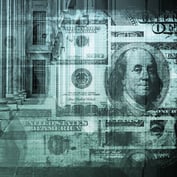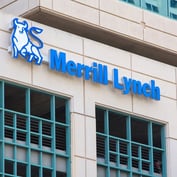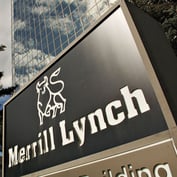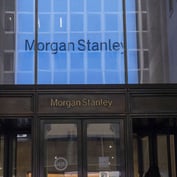What You Need to Know
- Regulators identified 717 instances of spoofing through two former traders in U.S. Treasury secondary markets.
- Bank of America settled without admitting or denying the allegations.
- The banking giant says it has made significant investments to enhance its controls.
The Financial Industry Regulatory Authority has fined BofA Securities $24 million for Treasurys spoofing, a fraudulent trading practice, and for related supervisory failures that the agency said occurred over six years.
BofA Securities settled the matter, consenting to the entry of FINRA’s findings without admitting or denying the charges, the agency said Thursday.
Spoofing involves using “non–bona fide orders” — orders the trader doesn’t intend to have executed — to create a false appearance of market activity to induce other market participants to execute against real orders on the other side of the trade, FINRA explained.
FINRA alleges that BofA Securities engaged in 717 instances of spoofing through two former traders in U.S. Treasury secondary markets.
Spoofing may deceive market participants into trading at a time, price or quantity they otherwise would not have, according to the regulator.
“Spoofing undermines the transparency and integrity of the markets by distorting the true nature of supply and demand. Spoofing is especially detrimental in the U.S. Treasury securities market, given its status as a benchmark for countless financial instruments and transactions,” said Bill St. Louis, FINRA executive vice president and head of enforcement.
“This action sends a strong message that FINRA will aggressively pursue firms that engage in spoofing, including cross-product spoofing,” St. Louis said.








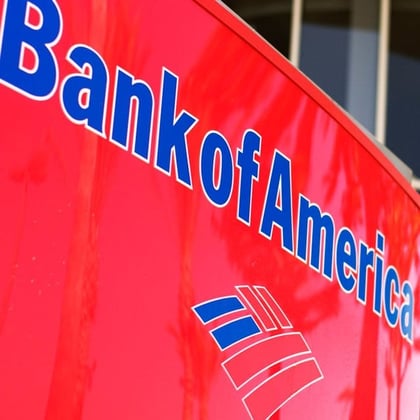
 November 30, 2023 at 02:28 PM
November 30, 2023 at 02:28 PM



